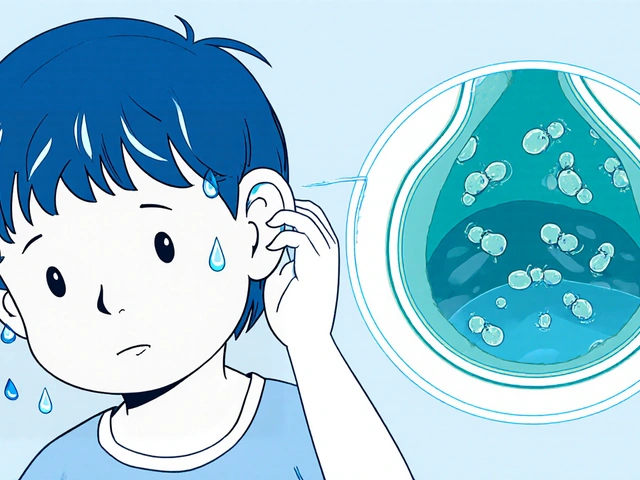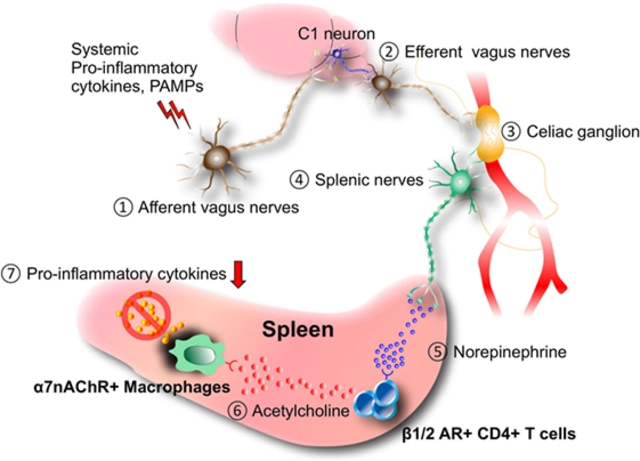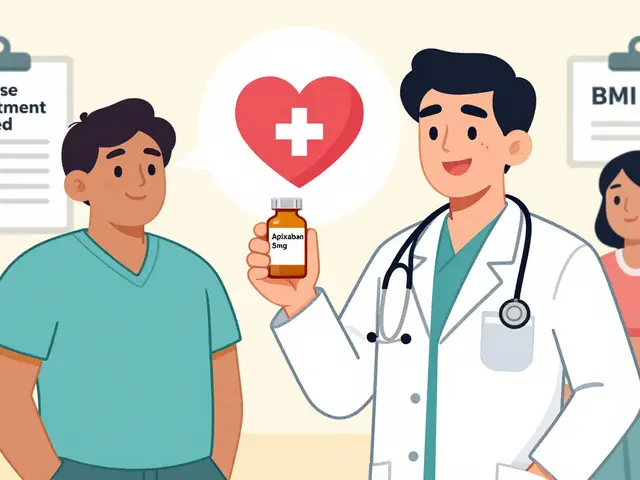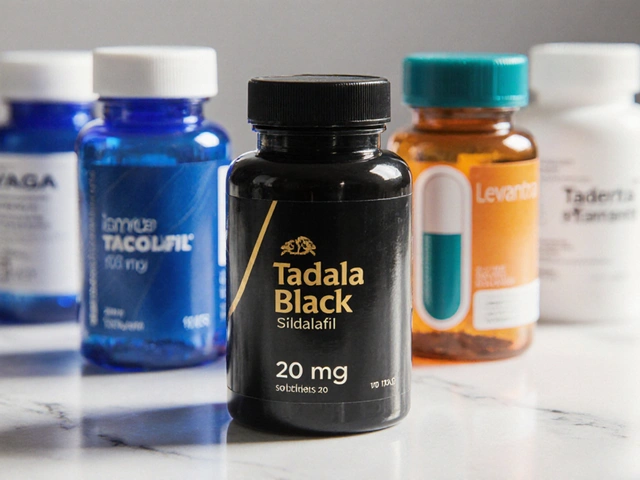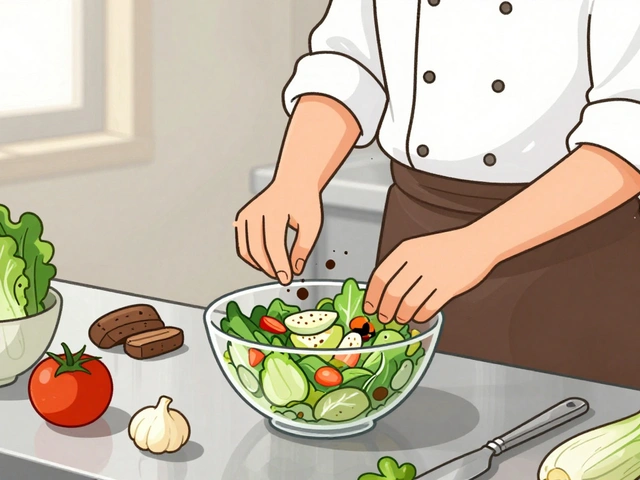Pharmacist Counseling: What It Is and Why It Matters for Your Health
When you pick up a prescription, pharmacist counseling, a direct conversation between you and your pharmacist about how to use your medication safely and effectively. It's not just a formality—it's a critical safety step that can prevent hospital visits, deadly mistakes, and wasted money. Most people think pharmacists just count pills, but their real power is in explaining what those pills do, how they interact with other drugs you take, and what side effects to watch for. This isn’t theory—it’s what keeps people alive.
Medication safety, the practice of ensuring drugs are used correctly to avoid harm depends heavily on clear communication. A 2023 study found that nearly 40% of medication errors happen because patients didn’t understand how to take their pills. That’s where patient education, the process of giving people clear, practical info about their treatment comes in. A pharmacist might tell you not to take statins with grapefruit, explain why you shouldn’t crush your ADHD pill, or warn you that your allergy med could make you drowsy behind the wheel. These aren’t small details—they’re life-changing.
And it’s not just about one drug. Drug interactions, when two or more medications affect each other’s behavior in your body can turn a safe treatment into a danger zone. If you’re on blood thinners, antidepressants, or heart meds, even a common OTC painkiller can cause serious problems. Pharmacist counseling catches these before they hurt you. It also tackles prescription adherence, how consistently patients take their meds as directed. Many people stop taking meds because they don’t understand why they’re needed, or they’re scared of side effects. A good pharmacist listens, answers questions without jargon, and helps you find a plan that fits your life.
You’ll find posts here that dive into real-world examples: how to safely transfer prescriptions without losing label accuracy, why statin side effects can be managed instead of quitting, and how stimulants might affect your heart. You’ll see how antihistamines work during pregnancy, what to do if you lose meds overseas, and why some coughs don’t need antibiotics. These aren’t random topics—they’re all connected to the core of pharmacist counseling: giving you the right info at the right time to make smarter, safer choices.
Whether you’re managing a chronic condition, juggling multiple prescriptions, or just trying to avoid a bad reaction, pharmacist counseling is your hidden safety net. The posts below show you exactly how it works in practice—no fluff, no hype, just what you need to know to stay healthy.
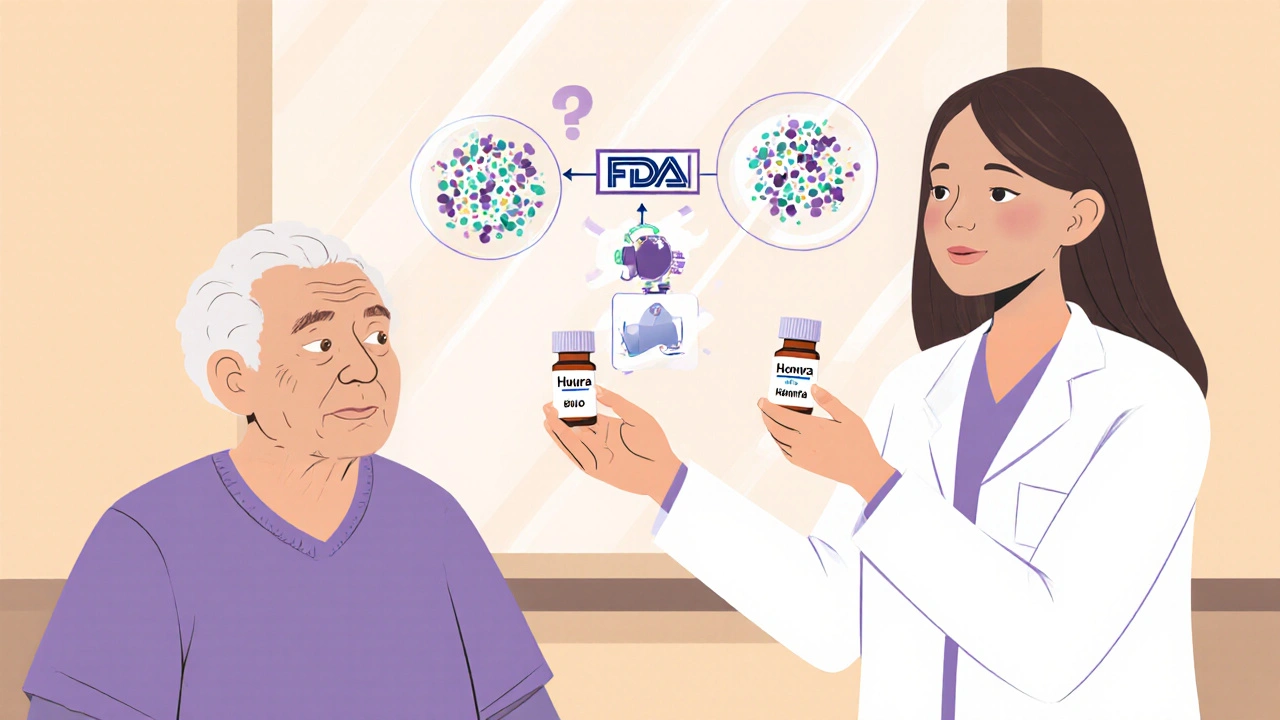
Pharmacists play a vital role in biosimilar adoption by counseling patients, ensuring safe substitution, and overcoming prescriber resistance. Unlike generics, biosimilars require specialized knowledge and careful communication to build trust and improve access to affordable biologic treatments.


